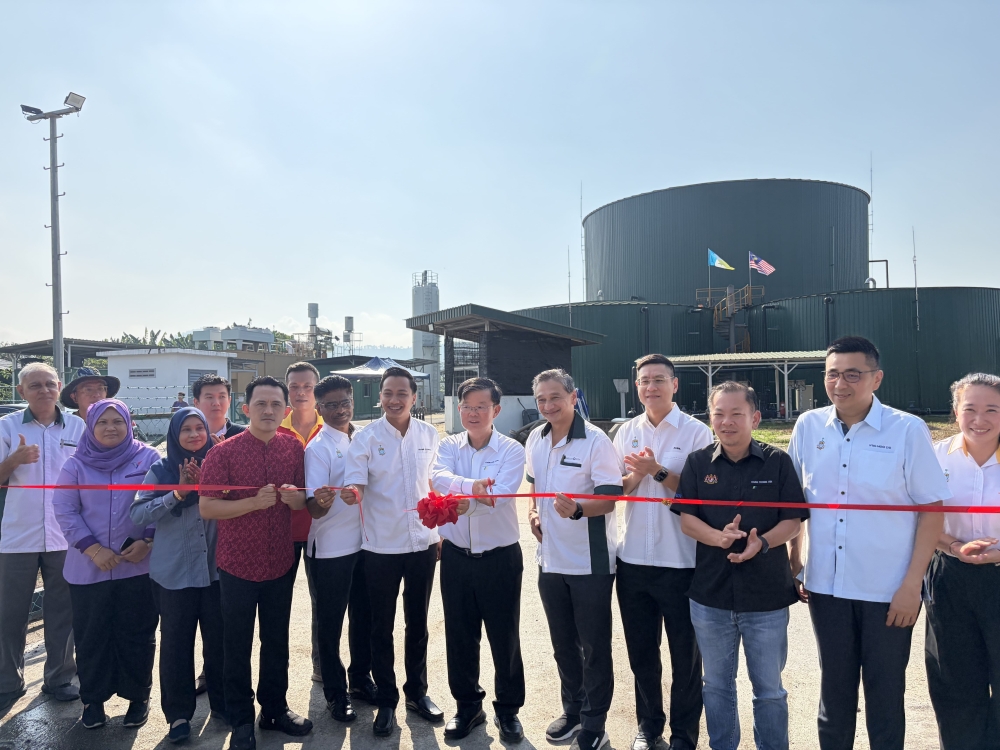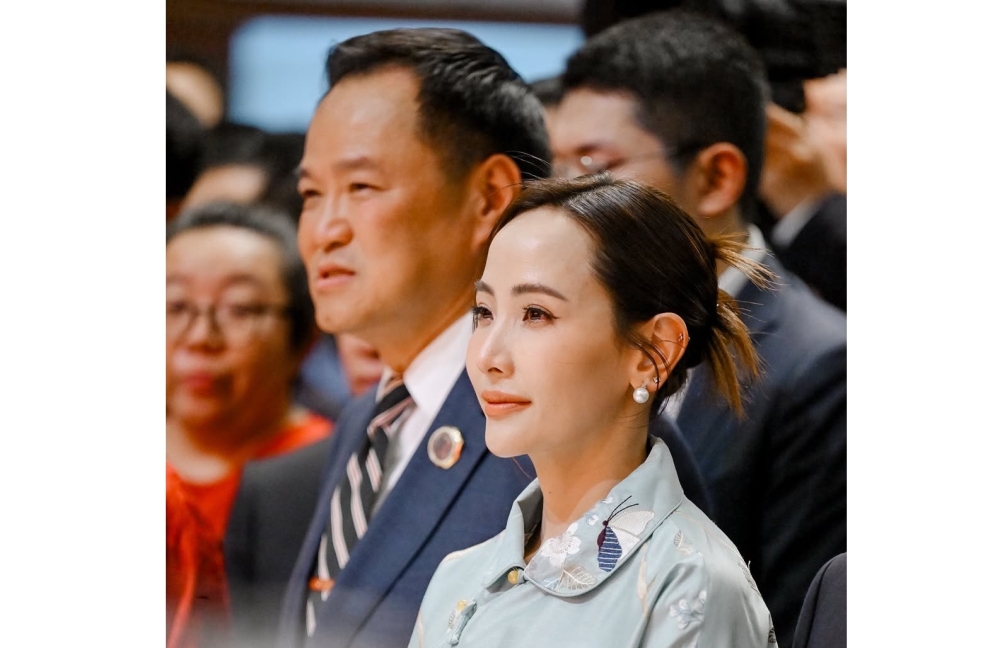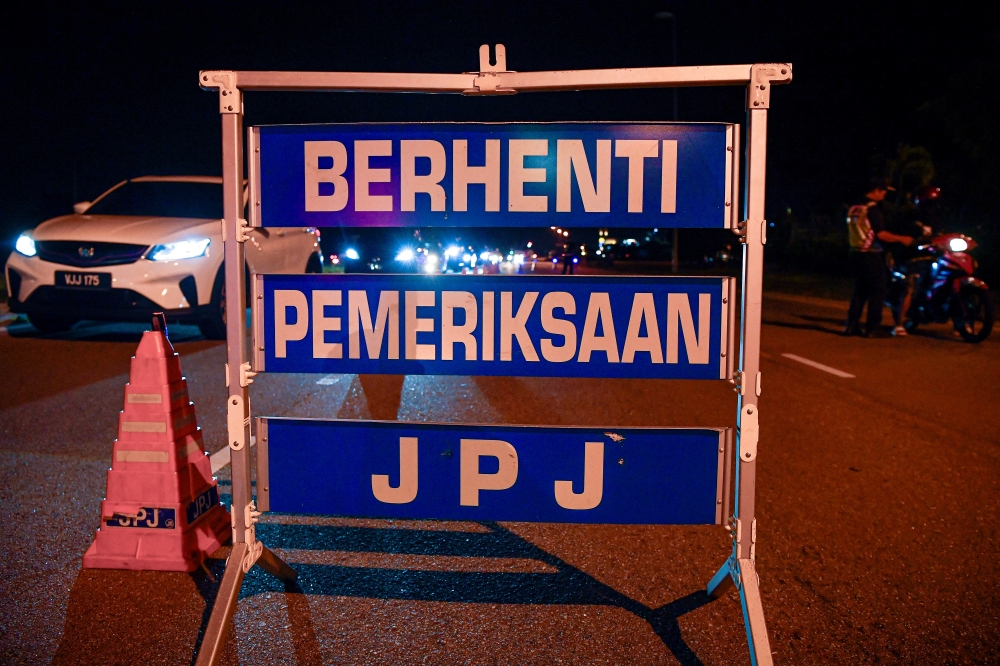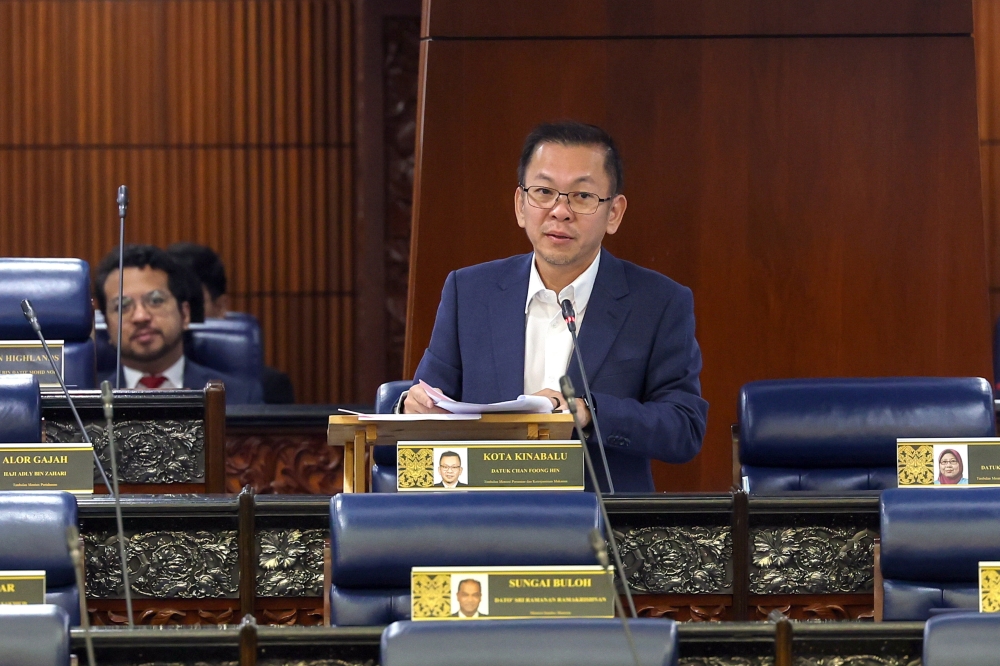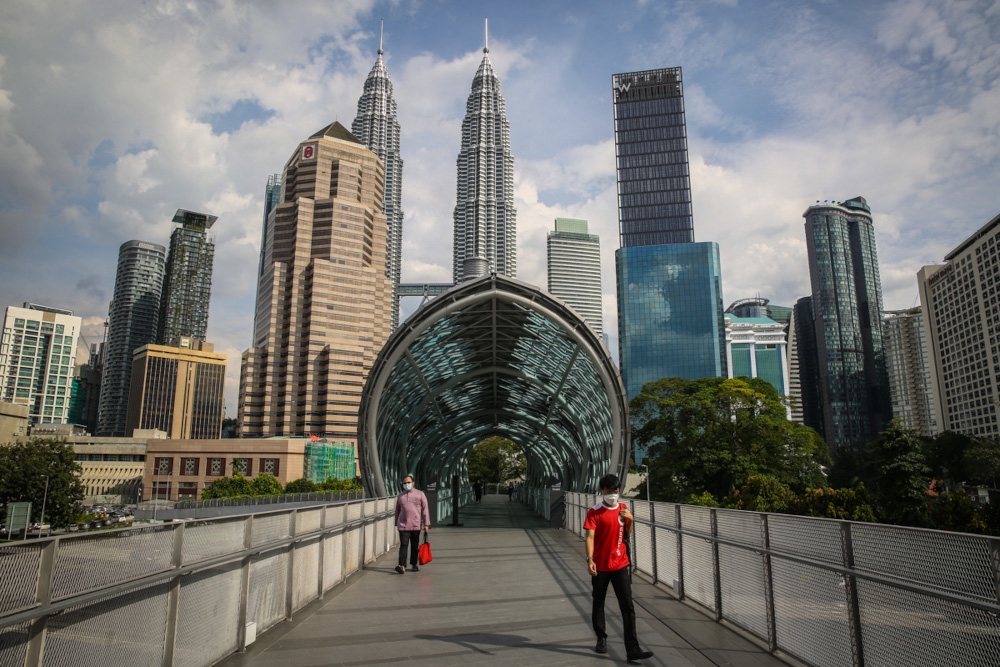JANUARY 9 — Felda, Felcra and Mara are just three entities that were set up by the nation’s founding fathers with the purpose of ameliorating the status and welfare of the Malay community.
These include incentives and programmes to develop rural communities, incentivising farmers and settlers and assisting them in increasing crop yield and cutting out the middlemen to ensure a fair price for their harvest.
These agencies have a duty to the largest ethnic group who hold the reins of power.
Unfortunately, over the past year or so, they have been a representation of how greed at its worst and incompetence at its best, have betrayed the noble charter of these agencies.
Felda has been in the news for all the wrong reasons, starting with a public dispute between the chairman and CEO in early 2017 that led to revelations that Felda Global Ventures and Felda Investment Corporation may have overpaid millions of ringgit in the purchase of property overseas.
The investigation and subsequent arrest of the chairman by graft busters did not put a stop to Felda’s woes. This year started with news of the possibility that Felda could lose prime land it once owned following a suspicious land transfer.
Meanwhile, Felcra has been queried over a series of questionable investments including spending RM687 million to bail out its headquarters construction project.
Then there is Mara which overpaid some RM60 million to an offshore company for property in Australia — a transaction facilitated by Mara officials.
This is the agency that is entrusted with improving the lives of Malay families by offering education, training and entrepreneurship opportunities to their children and allowing them to compete on a more level playing field.
To top this off is the attempt by the Integrated Manasik Monitoring System (IMAMS) to profit from umrah pilgrims. This scheme was shelved in the outcry that followed.
For all intents and purposes, these organisations have largely done well by the people they intended to help. However in doing so a number of those entrusted with running the agencies have also profited.
The narrative from the leaders to appease public anger and maintain confidence has been consistent: “don’t speculate”; “let the authorities investigate”; “action will be taken” etc.
One can understand why the issues facing these agencies would be a matter of extra concern going into an election year as the Malay heartland forms much of the voter base.
These Malay-welfare focused agencies were essentially set up as part of a poverty eradication programme some five decades ago, and have also been criticised heavily because of their affirmative policies in the past.
These have included how they benefit those who do not need the help, or that after almost 50 years, Malays still make up the bulk of those living under the poverty line.
The Malay community must be assured that the agencies set up to assist them are not treated as a personal piggy bank by those entrusted to manage them.
But if issues concerning agencies entrusted with the welfare and future of Malays continue to dog the government then there is a lot to worry about.
This probably explains why despite being disorganised, fragmented and having a weak stand on policies, the current opposition front seems optimistic about its chances in the coming polls.
* This is the personal opinion of the columnist.









